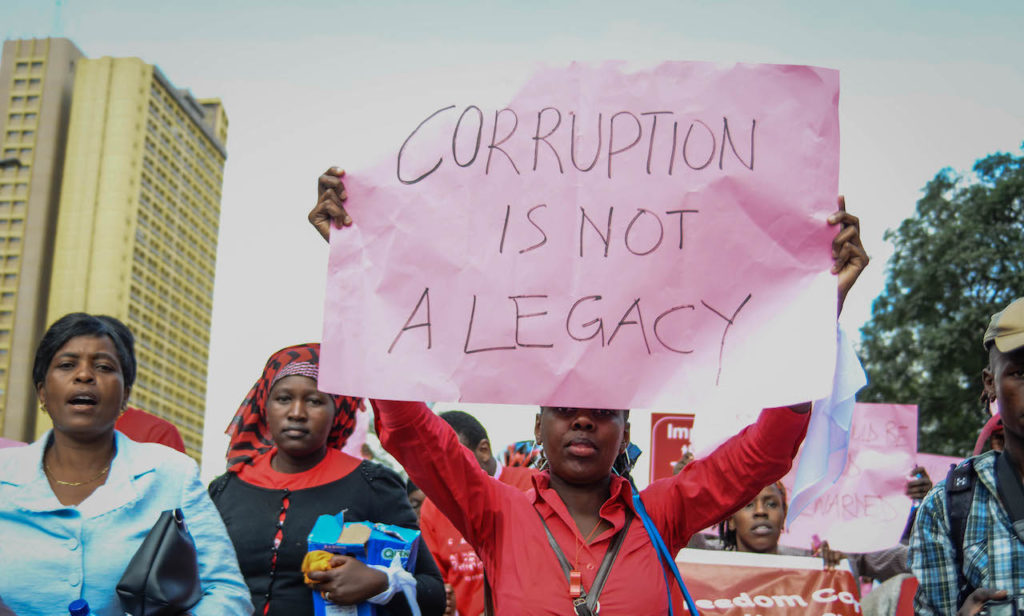
Blissful Gambian officials and supporters of President Adama Barrow reacted to donors pledge to support and finance President Adama Barrow’s administration three-year National Development Programme (NDP) 2018-2021, following a successful Donor’s Pledging Conference in Brussels held last year.
The Gambia- Brussels Roundtable Donors Conference on the Gambia, under the auspices of the European Union mobilizes and raised an amount of Euro 1.45 billion ($1.7 billion) in PLEDGES at the Donors Conference Eurobond funding to the Gambia government.
Have pledges been committed? Yes, according to the director of Development Planning at the Finance and Economics ministry, Alagie Fadera, who disclosed that, slightly 50% of the $1.7 billion resources pledged at the International Donor Conference for the Gambia in Brussels have been honored.
Speaking at a press conference, Mr. Fadera said they were able to turn significant amount of those pledges made into commitment. He said some of these pledges are materializing with numerous projects that have been signed and some that have been launched, citing examples in areas of youth empowerment, infrastructure and energy.
“Estimates have shown that we have significant in the first year of implementation in 2018 been able to turn some of those pledges into commitment,” he said.
Pledges are made, but commitment takes longer, and there is considerable lag before actual disbursement takes place, yet there is a tendency for donors to disengage once the conflict and mistrust has receded from public attention.
The European Union earmarked Euro 140 million in grants, in addition to the Euro 225 million already committed, a huge increase in the size of bilateral donors’ aids and general budgets support and international development.
The government of Adama Barrow benefitted from huge donor generosity from bilateral and multilateral donors. The European Union fully supports the eight priority areas identified in the Development Programme.
Further actions focused in the support of the governance through the support of democratic reforms; in agriculture, promoting job creation for Gambian youth and in the energy sector, granting access to renewable and sustainable energy.
I’m always aware of the international community’s experiences with the Gambia and look at the Gambian issues or the reports coming out of the international think tanks linking and seeing Gambia as a typical African basket-case still among “the poorest countries in Africa.”
We know the country has a lot to offer, so if the country is sick, then all Gambians feel sick and perhaps President Adama Barrow could fix this situation, provided he listens to the socio-political demands of the people.
The cautionary note by the Bretton Woods Institution that Gambia’s debt burden is hurtling towards untenable levels is not good news to taxpayers.
In the wake of the 225 million Euros funding, questions have emerged about the government’s spending, which critics see as overly ambitious. But the Ministry of Finance is certain these debts will be paid. Ideally, taxpayers’ worries aren’t so much about what President Barrow’s government plans to do with the Eurobond money, but the shortage that official corruption has been leaving in the public purse every day.
Ordinary Gambians know that their money, in hundreds of thousands and perhaps millions, are lining the pockets of individuals who use their influence to defeat the system. That corruption is a painful ritual in our country can’t be overemphasized.
Under the tactical alliance government of President Barrow, the war on corruption has not been enthusiastically dealt with because the vice is deeply rooted, and therefore the success has been more elusive.
If you’ve booked your ticket to the Gambia, don’t cancel it. You’ll still love the country and its people, and if you experience the ugly side, then welcome to the Smiling Coast of the Gambia, the “Land of No Problems.”
We have some housekeeping that needs a revolution to combat the cankerworm in the Gambia, which is corruption and racketeering. People start mobilizing and organizing for long-term changes and the total reconstruction of a national consciousness. Don’t get stuck on who the next president will be.
The police steal from the people, and the people steal from each other. The politicians rob the treasury, and the powerful feed off the inherited wealth stolen from the public. There are no laws like the Crime and Anti-Money Laundering Act or The Ethics and Anti-Corruption and Economic Crimes Act in place to combat corruption in Gambia. The president and his government are not interested in fighting corruption and so he’s useless in these matters.
The national debt was $ 1.9 billion as of 2017, and $349 million is owed to multilateral institutions such as the World Bank, IMF, and the African Development Bank, whereas $112 million is owed to other governments and an additional $6 million is owed to private creditors, excluding the Chinese loans.
According to the Corruption Perceptions Index 2019 report by Transparency International, The Gambia averaged a corruption rate of 114.38 from 2003 until 2018, reaching an unprecedented high of 158 in 2008 and a record low of 77 in 2011 out of the 180 countries surveyed for the CPI rankings.
This high score comes at a time when The Gambia is experiencing threats to its system of checks and balances, as well as an erosion of ethical norms at the highest levels of power. Conflict of interest is a new problem, but it has illuminated the glaring truth that Gambians have someone who is basically encouraging the norms of mega sleaze. And in The Gambia, the diagnosis of corruption is not good; there is a clear link between having a healthy democracy and successfully fighting public-sector corruption.
There is also a direct relationship between The Gambia’s favourable ranking and the partisanship, corruptibility, and malleability of the various institutions of government. Transparency International makes the unequivocal statement that its “analysis of the 2018 CPI demonstrates strong, democratic institutions are key to curbing corruption.”
Now the current Transparency report has awarded a favorable 37 percent to The Gambia for 2018. What grading scale did they use? What methodology did they use? What has gone wrong or what went wrong with Transparency International?
This year, Gambia ranked 130 out of 180 in the world corruption index. This is a marginal improvement because, in 2016, Gambia was 145 out of 180 countries. More needs to be done. Every Gambian has a responsibility to fight graft.
However, without the political will, all anti-graft efforts will get lost in the political din. Gambians can recall the political heat that resulted after a list of corruption suspects were reported daily on the press as well on social media. Corrupted networks fought back, and this news became fodder for unhealthy exchanges.
President Barrow should be resolute in his crusade against graft. Gambians can’t wait to see the day the graft lords are hauled to court in broad daylight. No one should be allowed to enjoy the proceeds of graft without painfully paying for them.
The Ethics and Anti-Corruption Commission and the National Assembly must fight and disavow the perception that they exist to work at the behest of shadowy forces. The Barrow administration should not be seen as shying from tough retributive measures against graft. By condoning them, we are set up for failure.
Success stories are told globally that combat the cankerworm of corruption through implementation of legal framework such as the Crime and Anti-Money Laundering Act and The Ethics and Anti-Corruption and Economic Crimes Act.
The Gambian people demand and appreciate the recovery of corruptly acquired assets as big deterrents to corruption. Despite numerous challenges, the government of President Barrow has no intention to legislate a new Anti-Corruption and Economic Crimes Act.
Most countries that have enacted such laws have made considerable progress towards attracting local and global attention. Much can be achieved when all Gambians stand up against corruption and guard against the plundering of public resources meant to benefit them and future generations.
Corruption affects people’s daily lives, from poor roads to unequal access to healthcare and medicine, crimes and violence in our communities and across borders, and political choices distorted by money and greed. It is therefore the duty of every Gambian to join the fight against corruption now.
By Alagi Yorro Jallow











Recent Comments